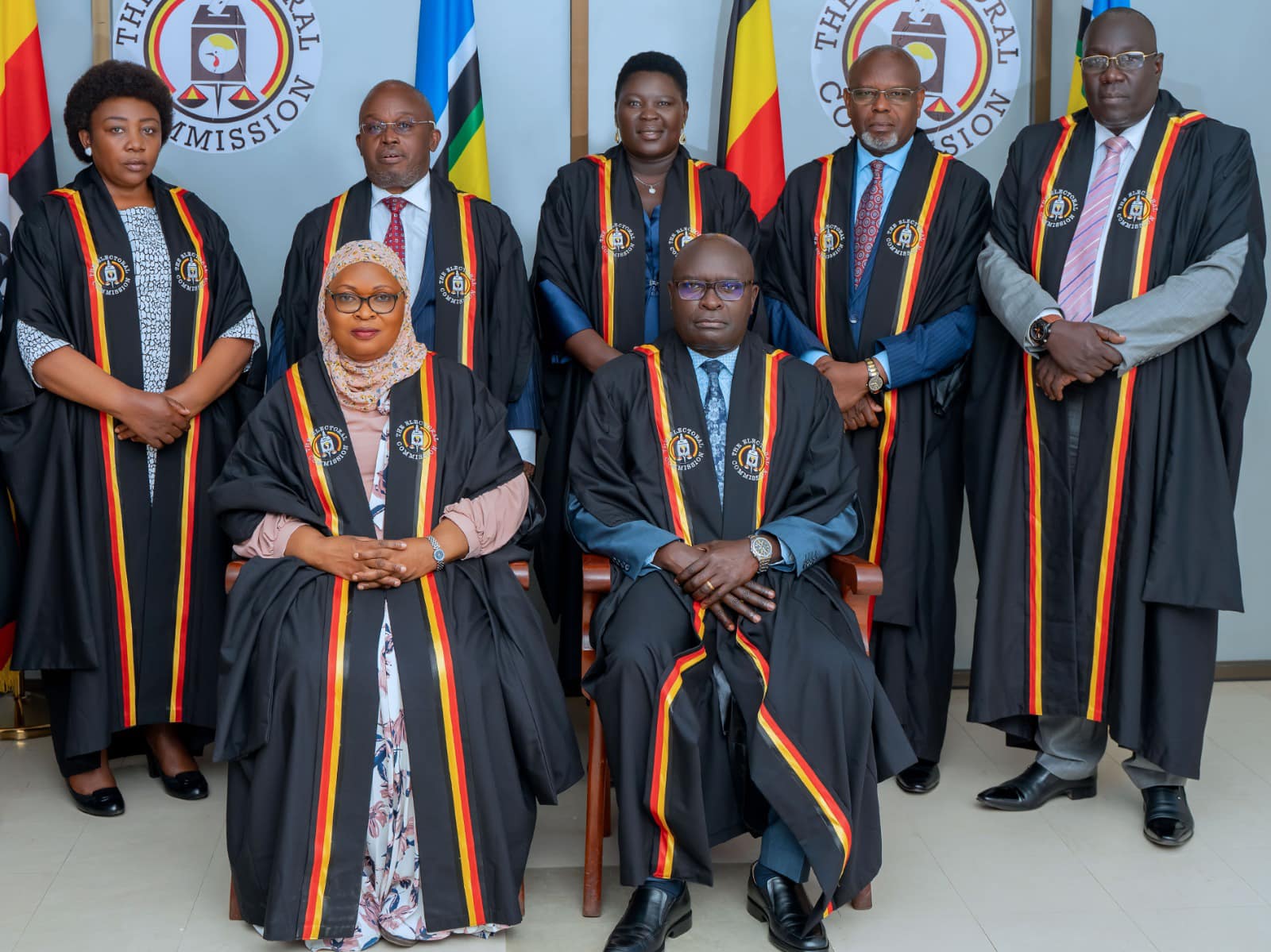#OutToLunch: Opportunities for young people in the forthcoming political season
By Denis Jjuuko
Just like that, we are in 2025. It was just the other day when politicians were all over the place, crisscrossing our beautiful country telling stories and endearing themselves to the voters. The season for political stories is here again. With general elections set for early 2026, those vying for various offices are already making alliances, breaking off some and ensuring they are in our faces.
It is plausible that politics is one of the most paying jobs in Uganda and there are many positions to vie for. From parish level to the presidency. In between, the most clamored is the position of Member of Parliament followed by that of District Chairperson (LCV).
Thousands of people will campaign for these positions. Because the monetary reward is allegedly huge, many candidates will not leave any stones unturned. They will spend the money leaving some on the verge of bankruptcy but for purposes of this article, that should not be ‘our’ problem.
As a young person, perhaps without the resources to compete for political office, how do you benefit from this political season that comes once every five years? By positioning yourself for some of the opportunities that come with political campaigns. So let us look at some of the areas where young people could make some money from politicians.
Graphic design – Every candidate will have to create a master artwork of their campaign. In Uganda, this largely means a portrait of a candidate with a few words like unity, peace, prosperity, development and all those things politicians say but don’t mean. You don’t need to be a super talented designer here. Just download Canva and start designing. The paid version will do wonders for you. It costs less than 400,000 a year. But the money is in printing. You could even offer to design for free as long as they give you the contract to print the posters, calendars, flyers etc. they will be displaying in every little trading centre.
For those who have mega resources, you could also print for them the cheapest of t-shirts with the thinnest microns in their party colors.
Photography – As faster affordable internet spreads across the country, many people have smartphones and are able to consume content online even in some of the remotest villages. Crowds at campaigns help sway public opinion about a candidate. But crowds at campaign rallies are only important for a politician if they are captured on camera. Photographs and videos are going to be important. You will need a drone camera to capture this content so it can feed the candidate’s social media channels.
Social media manager/influencing – Many political candidates are old school and social media disturbs them. You can manage the social media channels of the candidates, curating content and manage the accounts. TikTok which may not have played a key role in 2021 is going to be critical in 2026. So, ability to create compelling videos will be necessary (learn how to use KineMaster, CapCut etc.). Candidates will want to be on TikTok alongside other platforms particularly X and Facebook especially for those in urban constituencies and at the national level. WhatsApp will be another one. Learn what you can do with it for your client.
Sound system – Music plays a key role in political campaigns. Many times, political candidates have moved with musicians who work up the crowd before they appear. Some like President Museveni even did some rap song an election or two ago. You don’t necessarily have to be a musician to tap into this. You can own the sound system that the politicians are willing to hire from you. You could also be the link between musicians, dancers and all those people that entertain crowds at the rallies.
Communication strategist – Some candidates especially in urban big constituencies and at the national level will need experts in communications to help them put their messages across, schedule media interviews and support the communication aspects of their campaigns. Many candidates especially those joining politics for the first time and not used to media interviews, coaching and preps will be required so that they don’t simply go and mess themselves up. The communication strategist will work hand in hand with the digital and social media team mentioned already.
Research assistant – Those vying for the presidency will require some researchers on their team even though it is an important role for other candidates too. For example, a researcher would inform the campaign strategy team on the messaging in particular areas and finding information that empowers the candidate. They could manage polling to assess the candidate’s messaging, popularity and help the campaign make informed decisions.
Lastly and most importantly, many politicians are known not to honor their word. Make sure you get some advance payment for the work being done. Wishing you a happy 2025.
The writer is a communication and visibility consultant. djjuuko@gmail.com










